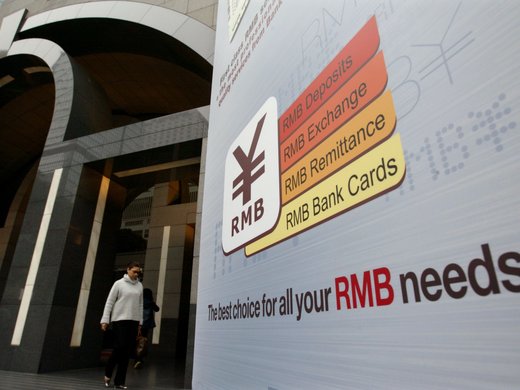Most of the regulatory measures to control excessive risk taking by systemically important firms are designed to reduce moral hazard and to align the interests of managers and investors. These measures may be flawed because they are based on questionable assumptions. Excessive corporate risk taking is, at its core, a corporate governance problem. Shareholder primacy requires managers to view the consequences of their firm’s risk taking only from the standpoint of the firm and its shareholders, ignoring harm to the public. In governing, managers of systemically important firms should also consider public harm. This proposal engages the long-standing debate whether corporate governance law should require some duty to the public. The accepted wisdom is that corporate profit maximization provides jobs and other benefits that exceed public harm. The debate requires rethinking for systemic economic harm.


